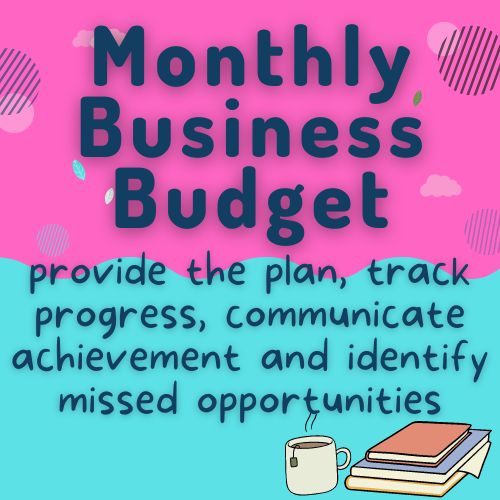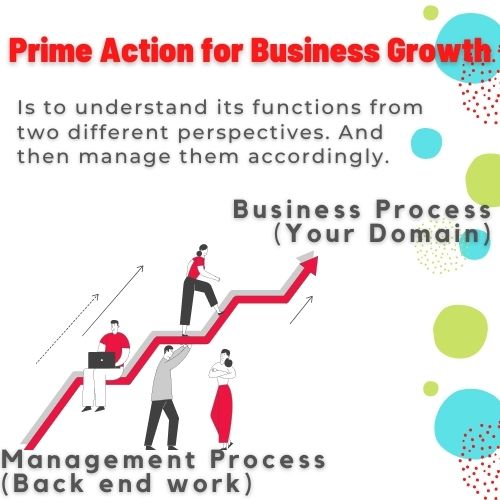Creating monthly business budget is 9th in the series of 10 essential steps for organizing your business.
What is Budget
Many homes run on budget. Governments run on budget. Banks, institutions, even film making run on budget. So will our company. That is to run a monthly business budget.
Budget is an estimate of income and expenditure for a set period of time (month).
We are discussing budget from an operational standpoint, which may differ from what is prepared for accounting purposes in accordance with statutory requirements. The goal of an operational point is to increase business growth and efficiency.
Monthly Business Budget Consists
Revenue sources. Let us term them as verticals but each vertical shall be able to stand its own and grow. Petrol, diesel, lubricants shall be 3 revenue verticals for a petroleum dealer.
Expenses are the next budget component. Direct, indirect, variable, fixed, legal, financial and other expenses are classified.
An accountant can help you create a budget. If you are creating a budget for the first time, it may be incomplete or inaccurate. Maintain the habit of creating a budget for the coming months. Within 2-3 months, you will have a very realistic figure.
Budget Review
Creating budget is half job done. Ask your accountant to closely monitor the budget and actual figures against budgeted figure. Do for both income and expense. Let’s say you have allotted 25K for digital marketing for the month. On 20th you accountant inform that you have already spent 30k. Means, you overshoot the budget. If the results are yielding then it justifies. If not, analyse what went wrong and take corrective action. Remember, cutting down the budget is not what I meant. Investigate, why the desired result has not produced. Same way, if the spend is very less (say 5K) against the budget of 25K, that also to be reviewed. Keep a regular monitoring interval for budget with your accountant. According to the complexity of your operations you can set the frequency as weekly, bi weekly etc.
Upon closure of every month, review the budget against actual figures. Do this for achievement as well as deviations. In-depth analysis of budget shall reveal many insights about your operations and the next way forward.
Advance Steps of Monthly Business Budget
Once you started doing budgeting and review regularly, it will lead you to the next actions. They are Other Income and Cost Controlling.
Other Income
Other income is something which you have not considered as revenue and was neglected or not identified. For a computer sales and service company, selling AMC could be new source income. Manufacturers generally sell scrap. If you could convert scrap as another value-added product, its turnout to be another revenue source.
There are unlimited chances for creating other income,
Restaurant starting a mini bakery or juice shop near the cash counter, Hospital selling health insurance, Solar panel seller doing power audit, Paint dealer doing interior consulting
Cost Controlling
This area also has limitless room for improvement. Teach your employees how to control costs in all areas of spending. May it be direct, indirect, fixed or variable.
Profit cannot be derived direct. But it is function of increasing income and reducing expense. Story do not end here. If you sacrifice bit of your income in some area which lead to large reduction in cost will add more on profit. On the other side, if you incur more expense for much higher revenue also will fetch higher profit.
The benefit of a budget is that you can complete all of these tasks through delegation. That, too, in a systematic manner with measurable outcomes.
Conclusion
As an investor you have got more important affairs to be dealt. Now ask your accountant to prepare EBITDA. This is the Earning Before Interest, Tax, Depreciation and Amortization. Now you have bigger matters to be handled called interest and tax. Whether your borrowed money is properly rotated in business or it got stuck in stock or debts, you keep paying interest. Your wise and timely investment got an impact on tax commitment.
Cash flow planning and investment plans comes next. That we shall discuss in next article “Income Statement”.


